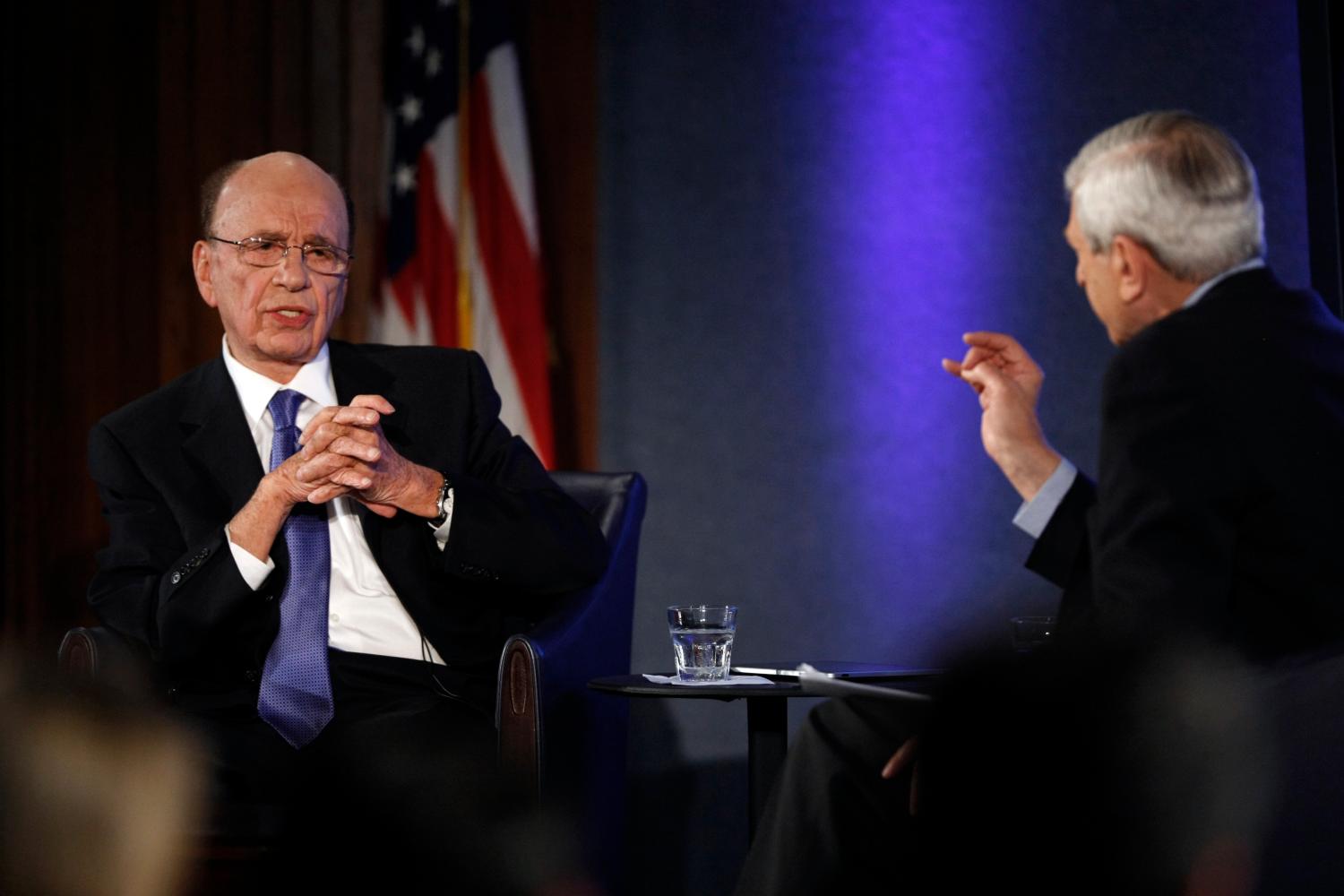Have you ever heard of the Russian word “stikhinost”? It means, in a narrow sense, spontaneity, but in Russian history it has also taken on a larger, somewhat mystical evocation of an unexpected eruption or explosion, even a popular revolution.
The word has been recently raised by Russian friends, who have been speculating about the upcoming March 4 presidential election. They all expect Vladimir Putin to win, but at the same time they wonder whether they might also be on the edge of another popular upheaval large enough to transform Russian politics. Every hundred years or so, Russians experience such an upheaval. The last one was in 1917. Stikhinost!
Now two powerful currents are in competition: one seeking an expansion of the current improvement in economic conditions, sparked by huge oil sales; the other thrashing about in a so far futile search for a new political identity. Putin, who has been in charge now for more than a decade, represents a regressive form of social stability and economic progress—all against a backdrop of political and societal stagnation.
If Russia were still a land of illiterate peasants, Putin would have nothing to worry about, and Putinism, his autocratic governing philosophy, would remain in power for another decade or two. But Russia is now a land of impatient entrepreneurs and an expanding middle class, both demanding the payoff for decades of deprivation, meaning, for them, more political freedom in the forms of wide-open elections, an unafraid media, unrestricted travel, real political opposition.
No one can read Russia’s immediate future. Will she turn east or west? Will she settle for more of Putinism, or will she surprise everyone, reject it and demand a genuine measure of democracy?
Next weekend, on February 4, Russians will stage another mass demonstration, similar to the two they had late last year, which surprised and frightened many in the Kremlin. Then their demand was for another parliamentary election. The one last September, they charged, was rigged. It almost certainly was. Putin’s party got less than 50% of the vote, strongly suggesting it probably attracted only 30-40% of the vote. No one is sure, but clearly Russians are more restless and anxious today than they have been in a long time. That is my impression from many exchanges with longtime friends in Moscow. They know they have been short-changed by a Putin leadership jealous of its power, and many in the new, Internet-driven elite are determined to press for major change.
Putin’s grip is no longer prohibitively powerful. Indeed, it is slipping. But is it still strong enough to retain its power? The safe answer is yes, producing the prediction that Putin will win on March 4, perhaps even on the first ballot. A second ballot would suggest weakness, and he is trying desperately to avoid such an impression.
Much will depend on whether the upcoming demonstration will be peaceful, free of a bloody crackdown by the militia. They seem to be under orders to avoid any hostile confrontation with the protesting crowd, no matter what the provocation. Putin knows that even a small confrontation, a modest shedding of blood, will go viral on the Internet and trigger an even bloodier crackdown. And then, who knows?
Ironically, in this case, Putin is hanging on to power by displaying uncharacteristic weakness. Russia is turning a page. On this side, she is uncertain; on the other side, she is leaning precipitously toward a major upheaval. Remember stikhinost—it usually suggests revolutionary and unpredictable change.
The Brookings Institution is committed to quality, independence, and impact.
We are supported by a diverse array of funders. In line with our values and policies, each Brookings publication represents the sole views of its author(s).




Commentary
A Big Russian Surprise
January 31, 2012